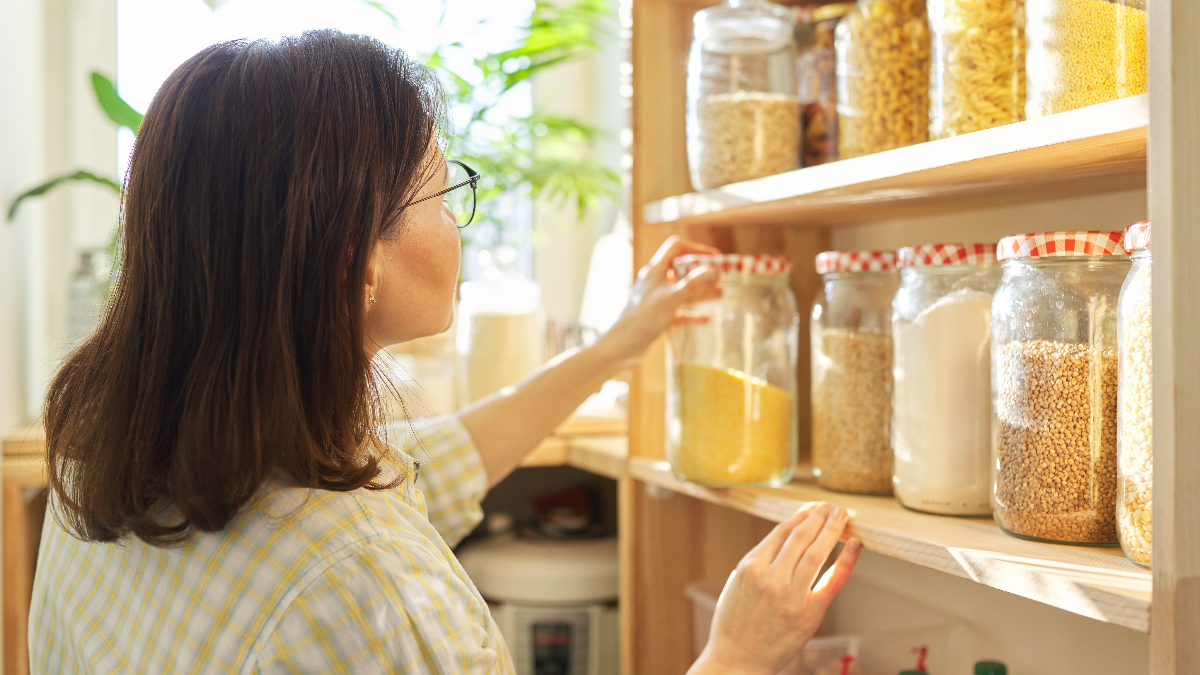
There are several essential things to consider as a business owner. Maybe you sell homemade baked goods. You could run a small-town pharmacy or possibly a pawn shop.
Keeping your items stored at the proper temperature is vital no matter what you sell! Not doing so could result in a faulty product, and that’s money down the drain.
Here’s what you need to know about keeping the proper storage temperature for your products.
Storing Medication
Medications come in a variety of forms and are used for many different purposes. But they all have one thing in common: they don’t function properly in extreme temperatures. Intense heat and cold can have a substantial impact on the effectiveness of drugs, both prescription and over-the-counter.
While this may not seem like a significant concern for a daily vitamin, the consequences of a less-than-effective heart drug or asthma inhaler can be deadly. Most medications should be kept in a dry area at room temperature, which is between 59 and 77 degrees Fahrenheit.
Good areas to store medication at home might include the following places:
- A dresser drawer
- A medicine cabinet
- A bedside table
- A storage box
For your business, make sure medication is kept in a temperature-controlled area with low humidity.
Storing Technology Products
Electronics should be stored in temperature-controlled conditions between 50 and 80 degrees Fahrenheit. Humidity management is another crucial aspect of climate-controlled indoor storage, as moisture is one of the most common causes of electronic failure.
Something like a chimney that wasn’t sealed properly can cause drafts and increase humidity, thus ruining electronics. Companies like Brickworks Property Restoration can help fix any issues like that. You could also add silica gel packets to your storage box to help catch excess humidity and safeguard your gadgets even more.
To keep your gadgets safe from cold or damp flooring, never store them directly on the ground. Instead, keep them on a shelf or in a drawer.
Storing Food Products
Foods that need to be refrigerated should be stored in the refrigerator as soon as possible. Avoid keeping meat, fish, eggs, or produce at room temperature for more than two hours, or one hour if the air temperature is over 90°F. Food that is handled properly and stored at 0°F (–18°C) in the freezer is safe.
Although freezing does not kill most germs, it does prevent them from multiplying. Though food will stay safe in the freezer indefinitely at 0°F, its quality will deteriorate the longer it is kept there.
Even canned food can go bad! Just as with medication, keep it in a dark place that doesn’t have unusual airflow, such as a pantry.




